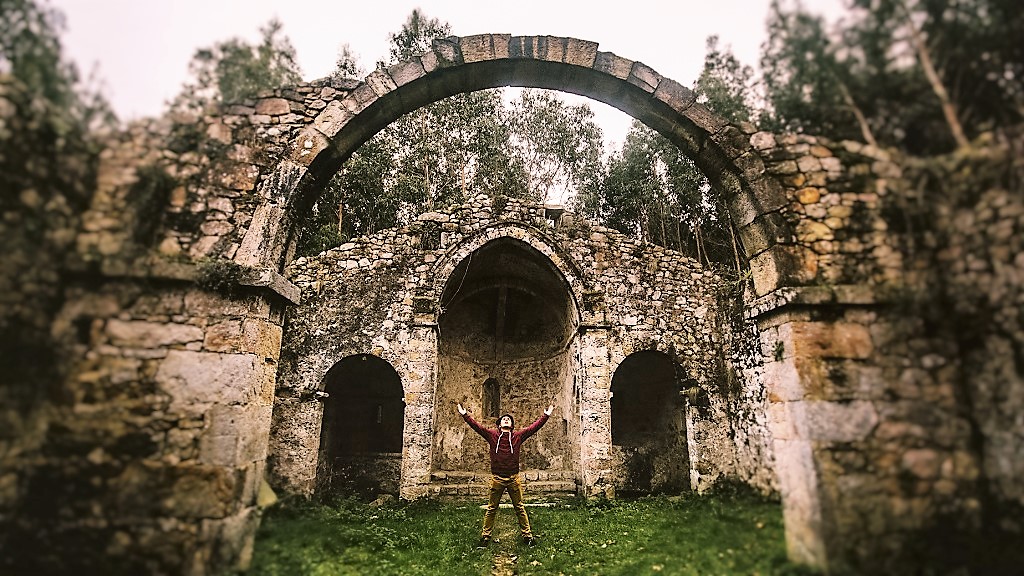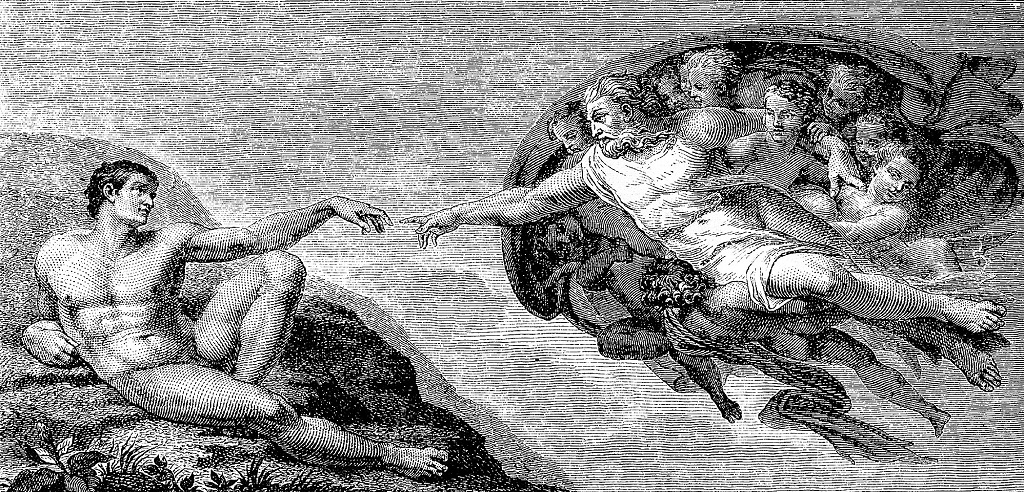Labor Day is just a few days away. It’s a U.S. tradition dating back to 1882 in New York City, promoted by the labor movement who wanted safe work environments and fair pay for workers. It is now a national holiday, giving thanks to the American worker.
All that is good, but does it matter to our Catholic faith? Does God care about our work? Whether we are behind a counter taking food orders, holding a sign by the side of the road to guide traffic, pacing with a baby who won’t settle down for the night, or performing a delicate operation to save someone’s life, we all work. It’s part of our daily lives. It is necessary to us personally and to society as a whole. Of course God cares about our work.
St. John Paul II, in 1981, gave us the encyclical Laborem Exercens (Through Labor). In it, he reminds us that, of all God’s creations, only humans are capable of work. In fact, work was part of humanity from its very beginning, as Adam and Eve were given the mandate to care for the Garden in which God had placed them, along with the animals. St. John Paul II also reminds us that work must be dignified; it must lift people up, not oppress them:
If one wishes to define more clearly the ethical meaning of work, it is this truth that one must particularly keep in mind. Work is a good thing for man-a good thing for his humanity-because through work man not only transforms nature, adapting it to his own needs, but he also achieves fulfilment as a human being and indeed, in a sense, becomes “more a human being”.
Without this consideration it is impossible to understand the meaning of the virtue of industriousness, and more particularly it is impossible to understand why industriousness should be a virtue: for virtue, as a moral habit, is something whereby man becomes good as man. This fact in no way alters our justifiable anxiety that in work, whereby matter gains in nobility, man himself should not experience a lowering of his own dignity. Again, it is well known that it is possible to use work in various ways against man,that it is possible to punish man with the system of forced labour in concentration camps, that work can be made into a means for oppressing man, and that in various ways it is possible to exploit human labour, that is to say the worker. All this pleads in favour of the moral obligation to link industriousness as a virtue with the social order of work, which will enable man to become, in work, “more a human being” and not be degraded by it not only because of the wearing out of his physical strength (which, at least up to a certain point, is inevitable), but especially through damage to the dignity and subjectivity that are proper to him.
John Paul II also made clear that the Church has a duty to workers. Indeed, he said, there is a spiritual dimension to work:
The Church considers it her duty to speak out on work from the viewpoint of its human value and of the moral order to which it belongs, and she sees this as one of her important tasks within the service that she renders to the evangelical message as a whole. At the same time she sees it as her particular duty to form a spirituality of work which will help all people to come closer, through work, to God, the Creator and Redeemer, to participate in his salvific plan for man and the world and to deepen their friendship with Christ in their lives by accepting, through faith, a living participation in his threefold mission as Priest, Prophet and King, as the Second Vatican Council so eloquently teaches.
Thus, God not only cares about our work, but He uses work to transform us spiritually, give us dignity, and help us become closer to God, who is the Ultimate Creator.
What does it mean practically? We all have work situations we don’t like: the person in the cubicle next to us who talks non-stop, the manager who seems to hate everyone she manages, a tedious job we don’t like, but it pays the bills. How can we bring our spiritual life into these situations? Here are a couple of practical ways:
- Begin your day at work with prayer. It can be something formal, like Morning Prayers or a more simple prayer asking that God be with us as we work, and be with our co-workers as well.
- Be open about being Catholic. You don’t have to preach a sermon daily, but you can put a prayer card up in your cubicle, keep a Bible on your desk or wear a symbol of your Faith. Be open to discussions about the Faith as well: when a co-worker asks why you don’t eat meat on Fridays, have a ready answer.
- Show Christ’s love. We all bring our home lives to work in some way. Maybe you have a co-worker who is struggling with an illness, or someone is going through a divorce. Quietly acknowledge their situation and let them know you are praying for them. More importantly, that co-worker who talks all the time or the manager who is downright ornery? Pray for them too. Our actions should always be loving.
- Be a good steward of your time and space. That means a tidy work space, knowing where documents or tools are, and working while you’re at work. While the occasional walk around the office is good for body and mind, we also need to make sure that we don’t end up taking time from our work by playing games, chatting or indulging in other activities that “steal” time from our primary task.
- Be thankful. Some of us are blessed to have jobs that we find fulfilling. Others of us have work that is physically or emotionally difficult (think of a psychologist who helps people solve issues in their lives all day long – that’s hard work!) Others of us have jobs we really don’t like, but we must have that paycheck. No matter what our work is, there are things we can be thankful for. Find those things and offer God your thankfulness every day.
Yes, God cares about our labor, because He cares about us. In turn, we must always remember that our work is part of the order of God’s creation and be mindful of all that we have to be thankful for. Happy Labor Day!



